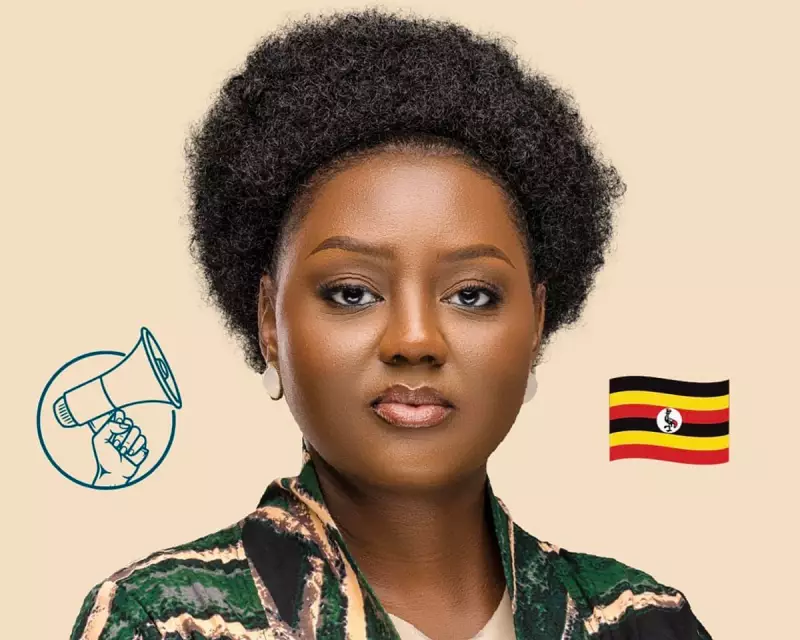
In the heated arena of Ugandan politics, female presidential candidates aren't just battling opponents—they're fighting against deeply entrenched sexism that manifests in everything from patronising language to physical intimidation.
The Language of Limitation
During her presidential campaign, one female candidate found herself constantly addressed as "baby," "sweetheart," and "darling" by male colleagues and constituents alike. This infantilising language, far from being harmless banter, systematically undermined her authority and political credibility.
"I was trying to run for the presidency of my country, but the language used towards me suggested I was running for a different kind of position entirely," she revealed. The constant stream of diminutive terms created an invisible barrier, making it exponentially more difficult to be taken seriously as a potential national leader.
Beyond Words: The Physical Dangers
The challenges extended far beyond verbal disrespect. Female politicians reported facing:
- Physical intimidation during public appearances
- Threats of violence from political opponents
- Systematic exclusion from key political discussions
- Constant questioning of their qualifications and capabilities
A Pattern of Political Exclusion
This treatment forms part of a broader pattern where women in Ugandan politics must navigate a landscape designed by and for men. Despite constitutional provisions promoting gender equality, the practical reality remains starkly different.
Many female candidates operate without the financial backing enjoyed by their male counterparts, while simultaneously combating cultural stereotypes that question women's leadership capabilities.
The Resilience Response
Despite these formidable obstacles, Uganda's female politicians demonstrate remarkable resilience. They've developed sophisticated strategies to counter sexism, including:
- Directly addressing patronising language during speeches and debates
- Building strong support networks among other female politicians
- Focusing on policy expertise to override gender-based criticisms
- Mobilising women voters who recognise their unique perspectives
The struggle for equal political representation in Uganda continues, with each female candidate paving the way for future generations. While progress remains incremental, their persistence in facing down systemic sexism represents a quiet revolution in African politics.





